Grape is not only very tasty and refreshing but it also has healing properties. It acts as a natural body tonic, slows aging, prevents dementia and degenerative diseases, cleanses the blood, removes the fat from the body, strengthens the heart and etc.
Although grape raisin remains had been found in Egyptian pyramids and tombs of Central Asia and Eastern Europe, it is considered that the Greeks began to cultivate grapes and make wine, mixing it with herbs and honey.

Nutritional Content of Purple Grapes
Purple grapes contain lots of fruit sugar (18-20%), providing a high energy value, so 1 kg of grapes can replace 25 to 30% of daily energy needs. It contains plenty of vitamin C and smaller amounts of vitamin B1, B2, B6 and carotene. Also grape is rich in minerals - potassium, calcium, iron, phosphorus, magnesium and boron. Purple grapes contain phenolic substances that provide color and flavor, resveratrol, anthocyanins and antioxidants (catechins, quercetin) that provide a healing effect.
Health Benefits
Usage of purple grape juice is especially advisable for cardiac patients because the purple grape is characterized by the absence of sodium and chlorine, and the presence of potassium, which leads to a drop in blood pressure. Grapes also preventively affect heart diseases by increasing the protective HDL cholesterol and decreasing blood coagulation.
Purple grapes prevent osteoporosis. They contain plenty of calcium and magnesium, leading to the bones strengthening. In addition, they contain boron which prevents calcium loss and increases the level of estrogen, which strengthens bones, protects the heart and relieves climax symptoms.
- Cardiometabolic benefits of purple grapes have been expanded to the athletic context. In animal models, grape products promoted improvements in physical performance, antioxidant protection and anti-inflammation. In a previous study in our laboratory, purple grape juice ingestion (10 mL/kg/day for 28 days) promoted a 15% increase in time to exhaustion in a running test, which was accompanied by increased antioxidant activity and reduced inflammation in recreational runners. In the athletic context, this improvement in physical performance is relevant.
- Fourteen recreational male runners (39?±?9 years, VO2peak?=?55.9?±?6.5 ml/kg/min) performed two running tests to exhaustion at 80% of VO2max after ingesting grape juice or a placebo drink (10 ml/kg/day) randomly.
- Blood samples were taken before and 2 h after supplementation and immediately after running to analyze total antioxidant capacity (TAC), malondialdehyde (MDA), alpha-1 acid glycoprotein (A1GPA), high-sensitivity C-reactive protein (hs-CRP), creatine kinase (CK) and lactate dehydrogenase (LDH).
- The participants ran for an average of 59.2?±?27.8 min until exhaustion in the placebo group and for 68.4?±?29.7 min until exhaustion in the grape juice intake group, which was a significantly longer time (p?=?0.008).
- This improvement in physical performance was accompanied by a 43.6% increase in TAC (p?=?0.000) at the post-exercise timepoint compared to the level at baseline. MDA, A1GPA, hs-CRP, CK, and LDH did not exhibit changes.
- In contrast, no significant change in any variable was observed after consuming the placebo drink.
Thanks to antioxidants content, purple grapes destroy free radicals and prevent oxidation of cholesterol, the development of arteriosclerosis, the appearance of tumors and the aging process.
Given that grapes are rich in resveratrol, they provide longevity.
It is considered that quercetin prevents the occurrence of cancer.
Due to the boron content, purple grape juice influences the electrical activity of the brain, increasing motor and mental activities.
Flavonoids in purple grape juice provide anti-inflammatory and anti-allergy effects.
Why Purple Grape Juice?
Regular and moderate consumption of red wine improve antithrombotic activity, preventing myocardial infarction, stroke and venous thrombosis. It is important to drink red wine during a meal to directly reverse the effects of food factors that promote blood clotting. Taking large quantities of wine may stimulate clotting and lead to fatal heart disease. Because of that, wine should be replaced with purple grape juice that provides the same benefits, but with no above-mentioned side effects.
Fresh purple grape juice is recommended because it is rich in vitamins A, B and C, as well as in various minerals. It is a remarkable liver cleaner and also helps in eliminating urinary acid from the body.


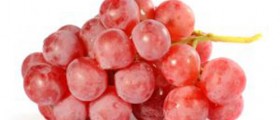
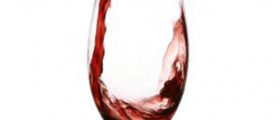
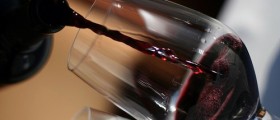
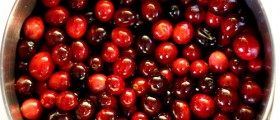
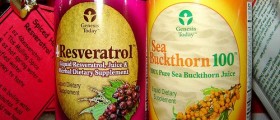

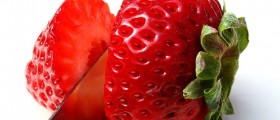

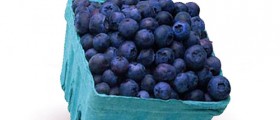
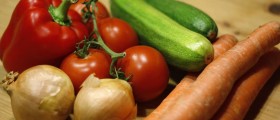
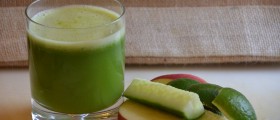

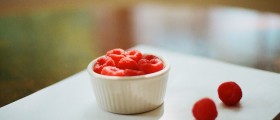


Your thoughts on this
Loading...